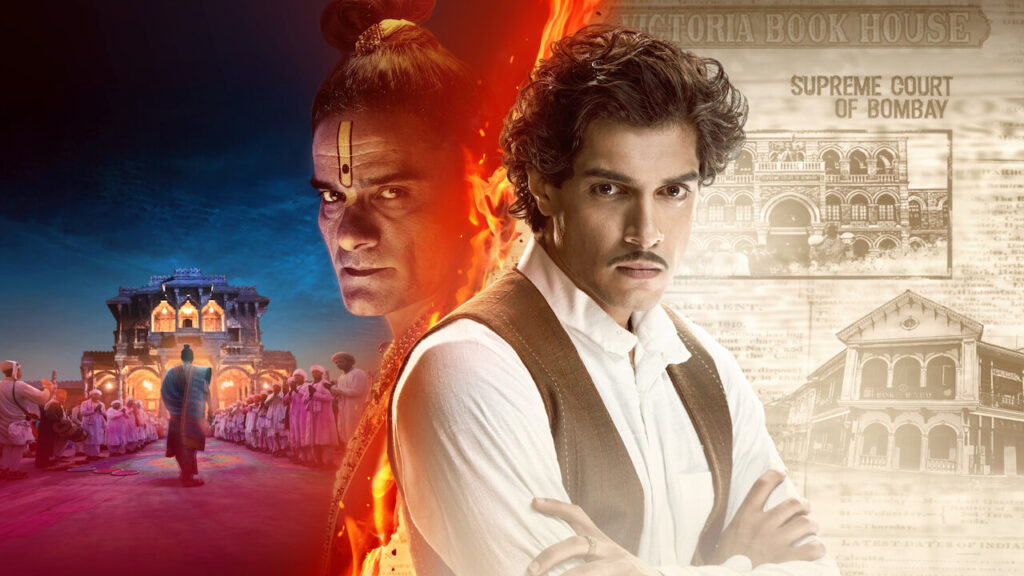
The Gujarat High Court on Friday lifted its temporary stay on the release of the film ‘Maharaj’ by streaming giant Netflix, ruling that the film does not hurt the sentiments of any community. The film is based on the historical events leading up to the 1862 Maharaj Libel Case.
Justice Sangeeta K Vishen, who had previously barred the release of the movie on June 13, allowed Netflix to stream the movie after watching it. She stated, “This court arrives at the prima facie conclusion that the film, Maharaj, is based on events that led to the filing of the libel case and is not targeted at hurting the sentiments of the Pushtimargi community. The film had been certified by the Central Board for Film Certification, an expert body, after considering the relevant guidelines. The interim relief granted on June 13 has been vacated.”
The film was initially scheduled for release on June 14 but was halted after a group of businessmen petitioned the court, claiming it could offend the religious sensibilities of the Vaishnavite community. The film ‘Maharaj’ is based on a 2013 book by Gujarati writer Saurabh Shah about the landmark libel case of 1862. This case was filed by a leading Vaishnavite figure, Jadunathji, against social reformer Karsandas Mulji, who had exposed sexual exploitation by the Maharaj in his magazine, The Satyaprakash.
Justice Vishen dismissed the primary grievance of the petitioners, stating that the claim that the film defames and insults the Vaishnavite community holds no force. “This court is constrained to come to the conclusion that the apprehension of petitioners is based on surmises. Since the film is yet to be released for public viewing, thus on mere presumption, the freedom of expression guaranteed under Article 19 (1)(a) of the Constitution cannot be curtailed,” she remarked.
The court emphasized that the core message of the film is the fight for social reform by Karsandas Mulji, who himself was from the Vaishnavite community. “The film in no manner affects or hurts religious feelings. The film concludes that the sect is far more important than any individual or incident. Treating this incident as an exception, the Vaishnav sect and its followers continued to grow and remained a proud and integral part of the social, cultural, and religious fabric of India,” Justice Vishen noted.
She further added that apprehensions about the film causing communal disharmony were unfounded. “The book was published in 2013 based on the same libel case, and no incident has been reported. Even the petitioners have not made any submission that the book has caused any communal disharmony,” she concluded.
Netflix can now proceed with the release of ‘Maharaj,’ which sheds light on an important historical event and the efforts of a social reformer against exploitation.
Sources By Agencies


